Oral motor, feeding and speech-language disorders occur in more than 75% of individuals diagnosed with Smith-Magenis Syndrome (SMS). Although there is variation amongst these difficulties, SMS children do share similar traits in the swallowing and communication functional arena.

The oral motor and swallowing/feeding difficulties typically begin within the first year of life and improve throughout childhood with therapeutic interventions. Frequently, sucking abilities are poor and transitioning to specific food textures are often challenging for parents. Although infrequent, it is not uncommon for children to develop failure to thrive if feeding issues are severe. These may require alternate feeding sources or feeding supplements to assist with growth and development. Services to enhance children with these difficulties can be obtained with specialists such as gastroenterologists, nutritionists, speech-language pathologists and other professionals within early intervention programs. Chewing and mastication are often delayed and food refusals and transitions can be difficult. Often delays in oral motor movements contribute to these problems. Speech Pathology therapeutic interventions can assist with these and can help with oral motor skill development necessary for these functional skills.
In addition to the oral motor and swallowing/feeding delays, communication skills are frequently delayed in SMS children. These skills are important for expressing needs and wants, interacting with family members, fostering education/social development and transferring into work environments. Expressive speech skills are often delayed and frequently verbal speech is unintelligible. It is not uncommon that verbal speech is absent until early school age years. Don’t be discouraged if your child is not talking. While progress may be slow, most persons with SMS are able to eventually speak using a variety of interventions to enhance communication.
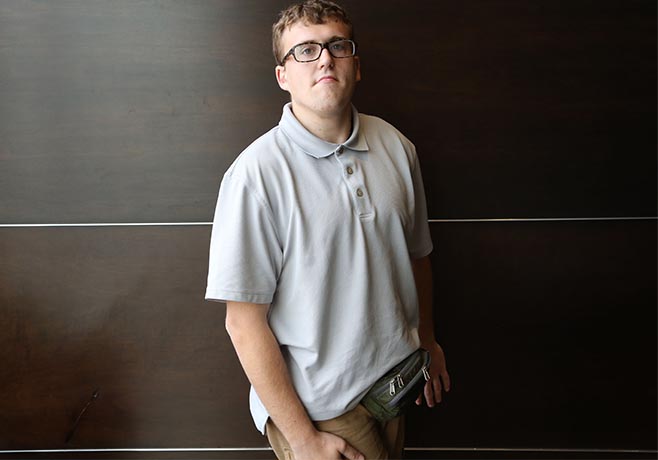
When a child is not talking, an assessment with speech-language pathology is imperative to determine the nature of the problem and to implement strategies to foster and bridge communication development. If a child is not talking at all, alternative forms of communication may be considered to bridge development. Even though an alternate system of communication (sign language, gestures, or a picture system) may be used initially, speech and language skills typically develop. With implementation of an additional system, communication will improve thereby reducing communicative frustrations and allowing opportunities for interaction and continued education. Alternate methods of communication in conjunction with verbal speech should be regarded as a vehicle in which children can communicate. Speech language pathologists are the professionals who can assist most in this area. They are involved typically in early intervention programs schools, hospitals and private practices.
During early childhood years, speech/language pathology services should concurrently focus on the speech/language communication aspects in addition to optimizing oral motor, swallowing and feeding issues. Therapeutic goals of increasing sensory input, fostering movement of the articulators, increasing oral motor endurance and decreasing hypersensitivity to touch in and around the oral cavity are needed to develop skills related to swallowing and speech production.
Expressive language should be expanded to phrases and sentences with additional emphasis on auditory comprehension. Home practice programs with exercises and strategies for fostering oral motor, speech and language skills should be included in all therapeutic programs. Goals to enhance overall intelligibility are suggested once a strong language foundation is in place and spontaneously being used by the child.
To obtain more information about speech language pathology services in your state,
visit the web site of the American Speech-Language-Hearing Association.
Have a Question?
PRISMS is supported by a community of professionals and families ready to help.



 Eric Rogers
Eric Rogers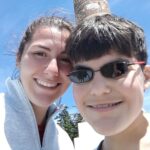 Ana Witherspoon
Ana Witherspoon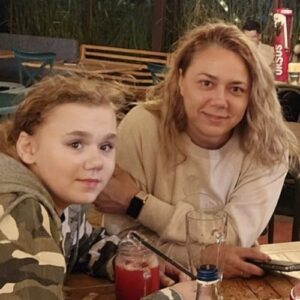 Roxana Dragan
Roxana Dragan Allison Stephanouk
Allison Stephanouk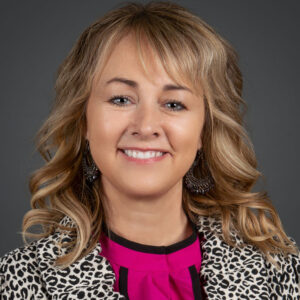 Michelle Larscheid
Michelle Larscheid Sinan Omer Turnacioglu, MD
Sinan Omer Turnacioglu, MD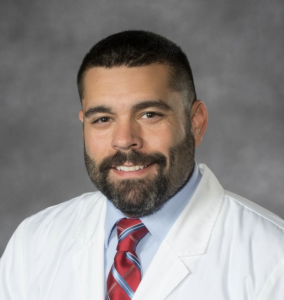 Christopher Vlangos PhD, FACMG
Christopher Vlangos PhD, FACMG Cora Taylor, PhD
Cora Taylor, PhD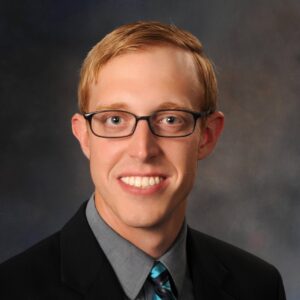 John Berens, MD, FAAP, FACP
John Berens, MD, FAAP, FACP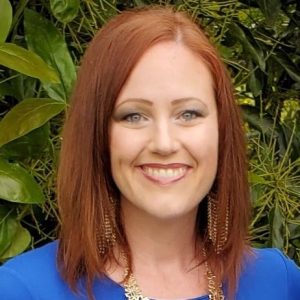 Amy Pereira
Amy Pereira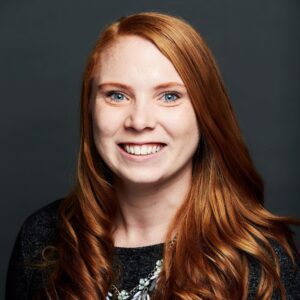 Rachel Franciskovich, MS, CGC
Rachel Franciskovich, MS, CGC Santhosh Girirajan, MBBS, PhD
Santhosh Girirajan, MBBS, PhD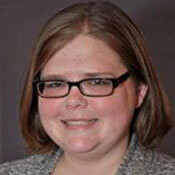 Rebecca Foster, PhD
Rebecca Foster, PhD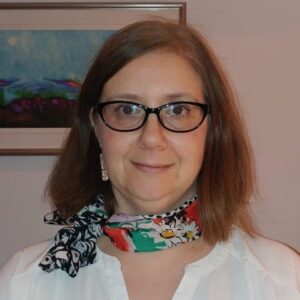 Nancy Raitano, PhD
Nancy Raitano, PhD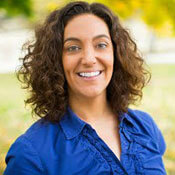 Christine Brennan, PhD CCC-SLP
Christine Brennan, PhD CCC-SLP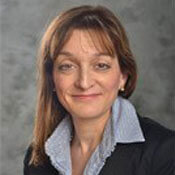 Andrea Gropman, MD
Andrea Gropman, MD Kerry Boyd, MD, FRCPC
Kerry Boyd, MD, FRCPC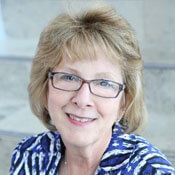 Barbara Haas-Givler, MEd, BCBA
Barbara Haas-Givler, MEd, BCBA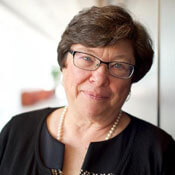 Ann C.M. Smith, MA, DSc (Hon), CGC
Ann C.M. Smith, MA, DSc (Hon), CGC Sarah Elsea, PhD
Sarah Elsea, PhD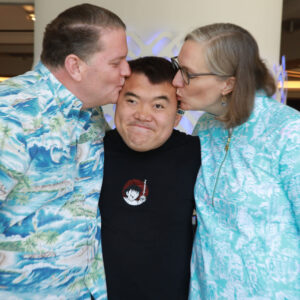 Glen & Kristine Braden
Glen & Kristine Braden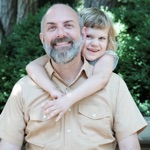 John Roseborough
John Roseborough Barclay Daranyi
Barclay Daranyi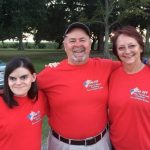 Ashton Charmaine
Ashton Charmaine Carissa Le
Carissa Le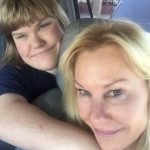 Rhonda Lowney
Rhonda Lowney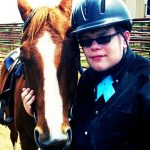 Ron Dixon
Ron Dixon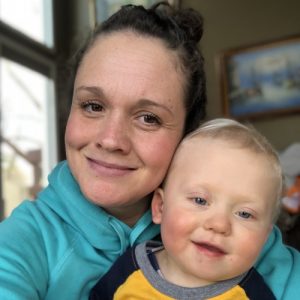 Maria Feagin
Maria Feagin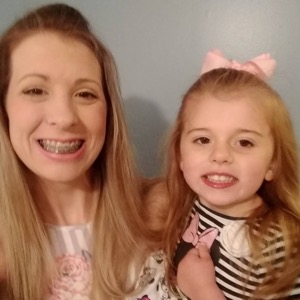 Caitlin Seldon
Caitlin Seldon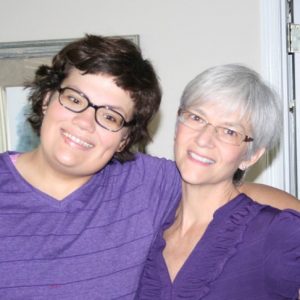 Julia Hetherington
Julia Hetherington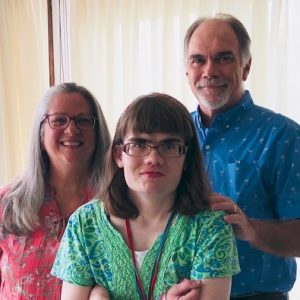 Liz and Bill Yates
Liz and Bill Yates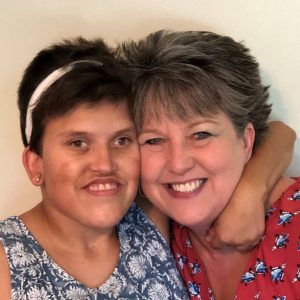 Tracie Belcher
Tracie Belcher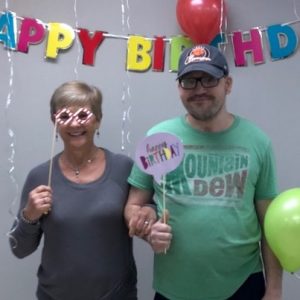 Rhonda Franklin
Rhonda Franklin Marni Rolston
Marni Rolston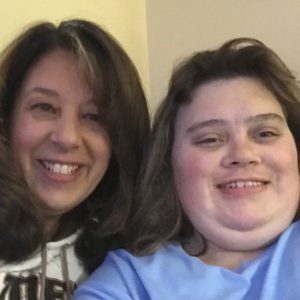 Michele Zdanowski
Michele Zdanowski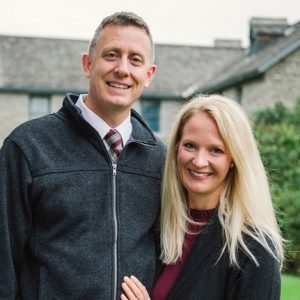 Theresa & Mark Smyth
Theresa & Mark Smyth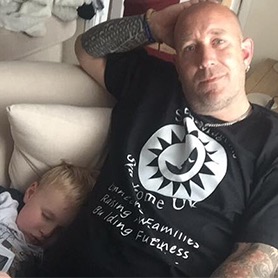 Mick Pearson
Mick Pearson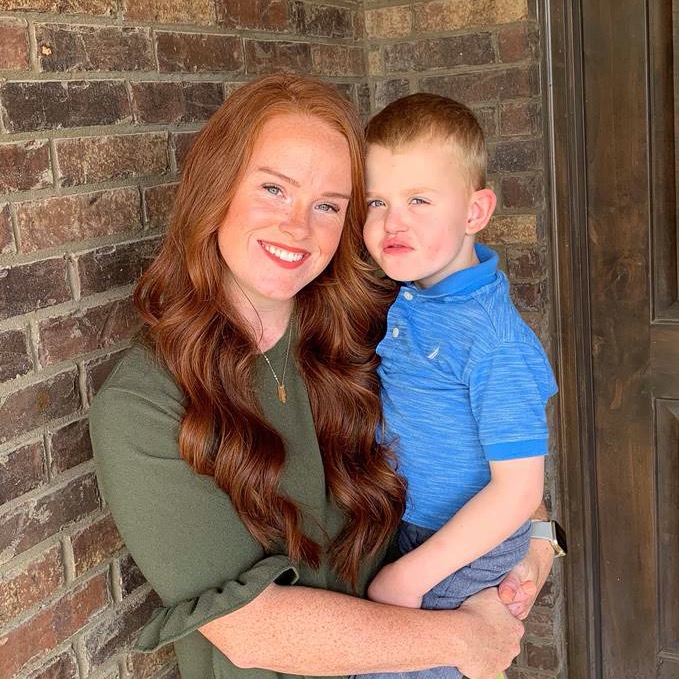 Abby Bell
Abby Bell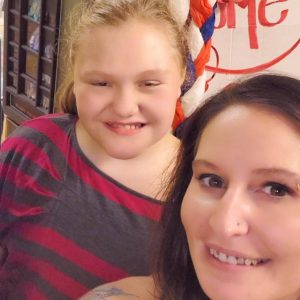 Heather Boney
Heather Boney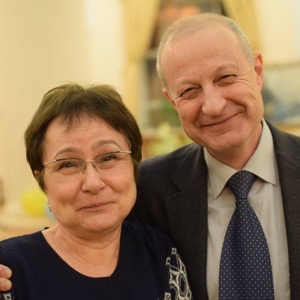 Bela Kafengauz & Alexander Tzetlin
Bela Kafengauz & Alexander Tzetlin Kevin Daly
Kevin Daly Phil Ruedi
Phil Ruedi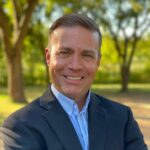 Brandon Daniel
Brandon Daniel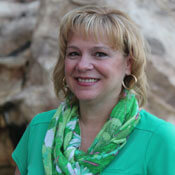 Denien Rasmussen
Denien Rasmussen Jackie Fallenstein
Jackie Fallenstein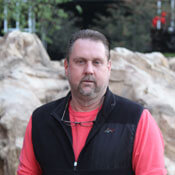 Percy Huston
Percy Huston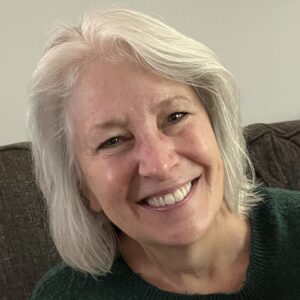 Lynda Kilian
Lynda Kilian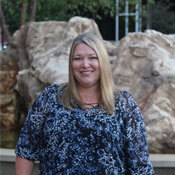 Diane Erth
Diane Erth Theresa Wilson, MS, RD
Theresa Wilson, MS, RD Margaret Miller
Margaret Miller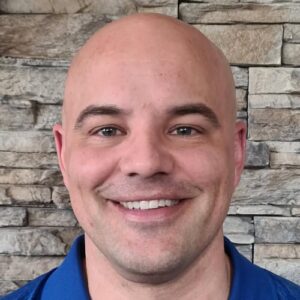 Jason Michaud
Jason Michaud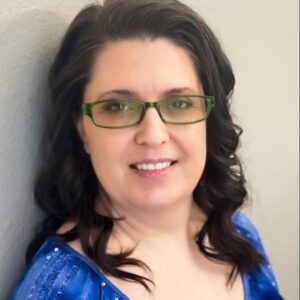 Michelle Lee
Michelle Lee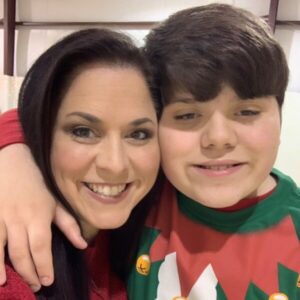 Jill Wood
Jill Wood Natasha Schaller
Natasha Schaller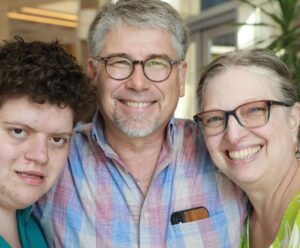 Kim Wirth
Kim Wirth Jane Charles, MD
Jane Charles, MD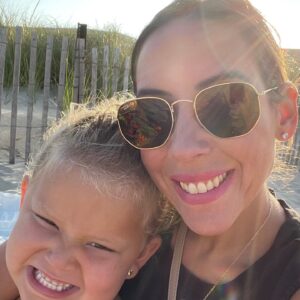 Randi Tanenbaum
Randi Tanenbaum Brandi Wilson
Brandi Wilson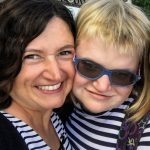 Debbie Brooks
Debbie Brooks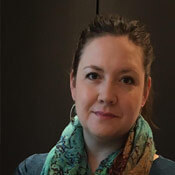 Amanda Downey
Amanda Downey Laurie Bellet
Laurie Bellet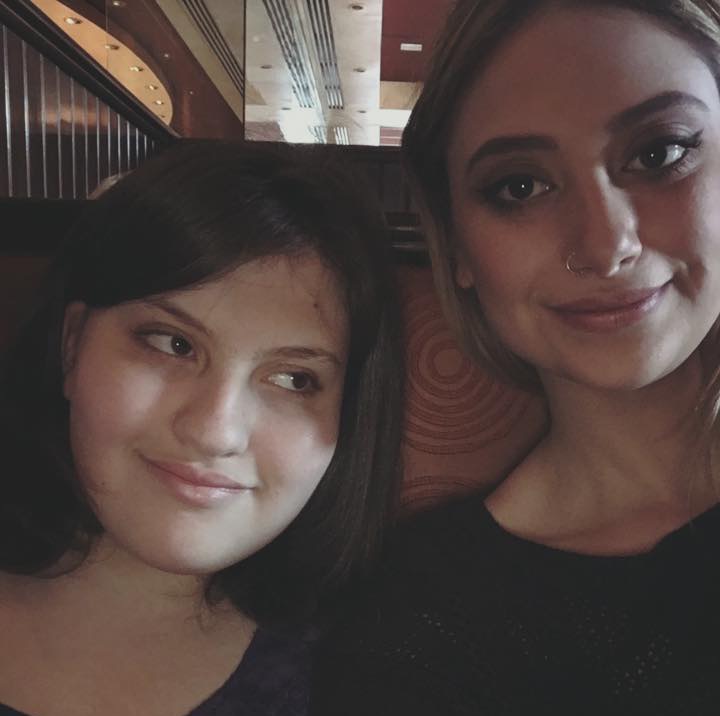 Remi Robbins,
Remi Robbins,
 Many SMS patients experience frequent infections but the immunological basis for this phenomenon is currently unclear
Many SMS patients experience frequent infections but the immunological basis for this phenomenon is currently unclear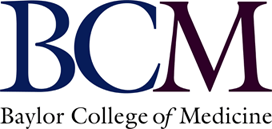
 Smith-Magenis Syndrome is a genetic disorder most commonly caused by a deletion of chromosome 17p11.2, and less commonly by mutations in the RAI1 gene
Smith-Magenis Syndrome is a genetic disorder most commonly caused by a deletion of chromosome 17p11.2, and less commonly by mutations in the RAI1 gene
 The SMS IEP Research Study team conducts research in the Department of Speech, Language, and Hearing Sciences at the University of Colorado Boulder
The SMS IEP Research Study team conducts research in the Department of Speech, Language, and Hearing Sciences at the University of Colorado Boulder
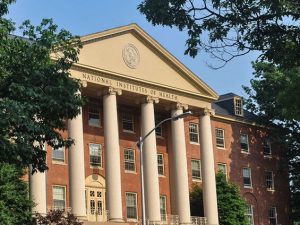 Growth Patterns in SMS
Growth Patterns in SMS


 Do you have a child with Smith-Magenis syndrome?
Do you have a child with Smith-Magenis syndrome? Leah Baigell
Leah Baigell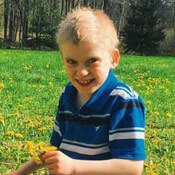 Judy Bogdan
Judy Bogdan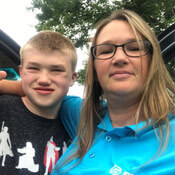 Mary Hards
Mary Hards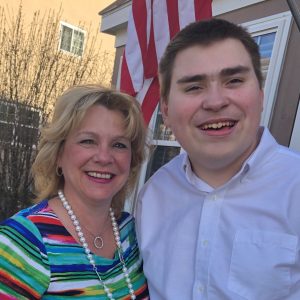 Denien Rasmussen
Denien Rasmussen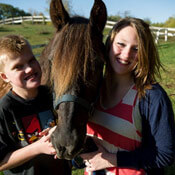 Heidi Graf
Heidi Graf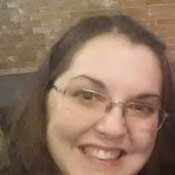 Annetta Zidzik
Annetta Zidzik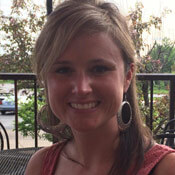 Jean Bishop
Jean Bishop Jennifer Klump
Jennifer Klump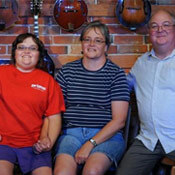 Eric and Kim Hoffman
Eric and Kim Hoffman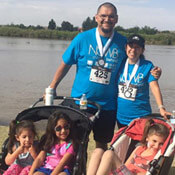 Alejandro and Delma Aguilar
Alejandro and Delma Aguilar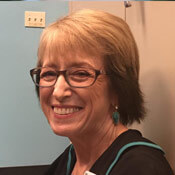 Mary Beall
Mary Beall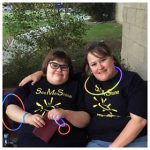 Jennifer Comford
Jennifer Comford Charlene Liao
Charlene Liao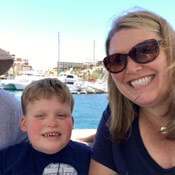 Diane Erth
Diane Erth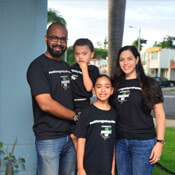 Sheila Herndandez-Vale
Sheila Herndandez-Vale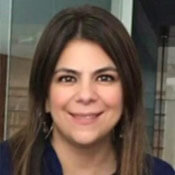 Maria Elena Carrancedo
Maria Elena Carrancedo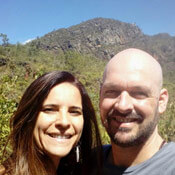 Eliane Barros
Eliane Barros Sabrina Bisiani
Sabrina Bisiani
 A new clinical study is investigating circadian rhythms and sleep disturbances in people with Smith-Magenis Syndrome to guide the development of a possible treatment.
A new clinical study is investigating circadian rhythms and sleep disturbances in people with Smith-Magenis Syndrome to guide the development of a possible treatment.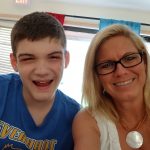 Allison Leatzow
Allison Leatzow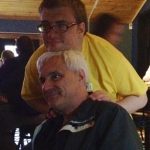 Kevin O’Connor
Kevin O’Connor Bernadette Huston
Bernadette Huston Brooke Widmer
Brooke Widmer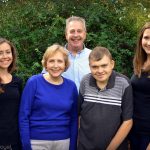 Maureen Monroe
Maureen Monroe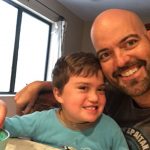 Trevor Gritman
Trevor Gritman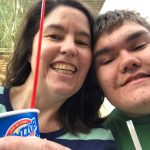 Patty Loyer
Patty Loyer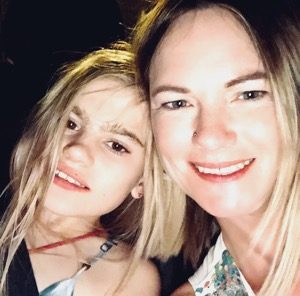 Cally Bauman
Cally Bauman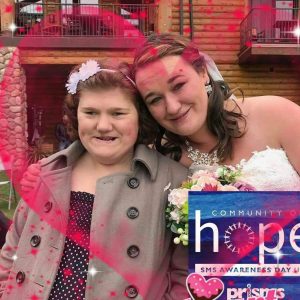 Brianna Ryczek
Brianna Ryczek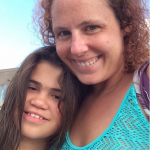 Carissa Le
Carissa Le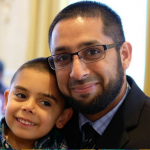 Osman Umarji
Osman Umarji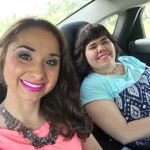 Callihan Marshall
Callihan Marshall